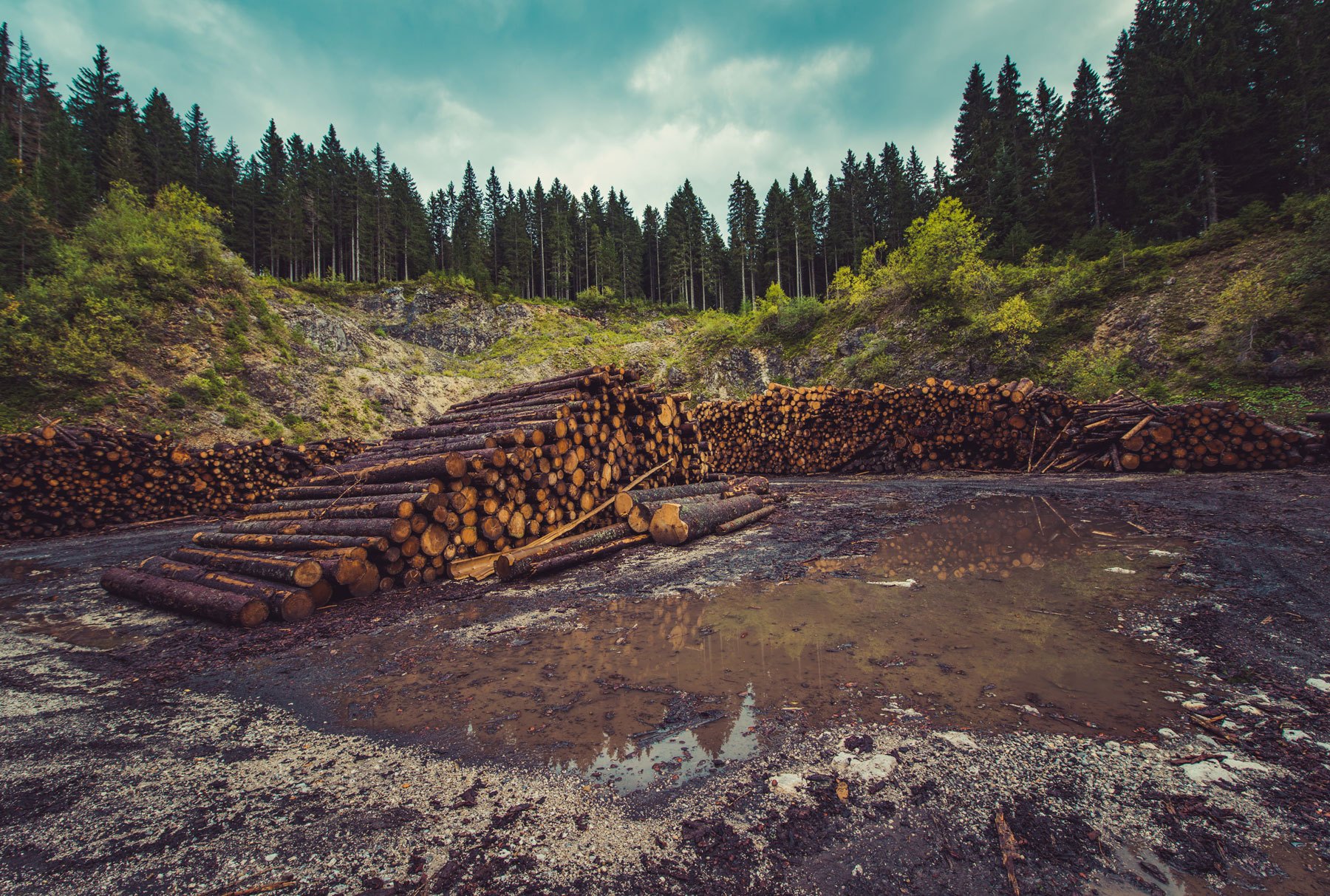Understanding Impacts
Our research seeks to understand the impacts of climate change and the effects of human activity on biodiversity, ecosystem resilience and human livelihoods.
Limiting pressure on species and ecosystems
Our researchers are investigating the effects of human pressures (such as land-use change, pollution, invasive species and over-exploitation) and climate change on species and ecosystems. We aim to understand how these stressors affect:
- biodiversity
- ecosystem functioning
- ecosystem resilience
- human livelihoods
Our research spans marine, terrestrial and freshwater environments, and covers tropical, temperate and polar climates.
We work with collaborators at local, national and international scales on inter-disciplinary projects that use a variety of innovative techniques, including:
- field studies
- DNA metabarcoding
- remote sensing
- acoustic monitoring
- complex system models
Our findings provide evidence to inform policy and management that mitigate the impacts of climate change and other pressures, and allows biodiversity and ecosystems to thrive.
Resilient treescapes
Trees are vital to our wellbeing and survival. They will also play a key role in mitigating climate change and achieving net zero carbon emissions by 2050.
We use the latest technologies, including sensor networks and remote sensing, to monitor changes in forest structure and health.
We also examine:
- the benefits and impacts of trees and hedgerows in agricultural and forested landscapes
- the impacts of tree cover, forest structure and health on natural and human systems
Technology is helping us develop new ways to characterise forest structure and health. We do this using sensor networks and remote sensing.

Sentinel treescapes for plant biosecurity and risk management
Treescapes are threatened by climate change and various pests and diseases, such as ash dieback. This has implications for conservation and public health.
We are developing a multi-modal, multi-scale Sentinel Treescape monitoring system. This system combines citizen science data with a wireless sensor network to provide frequent observations on tree health. This allows us to detect the early signs of tree stress. The system is being piloted in woodland and farmland in Norfolk, UK.
This work is a collaboration with:
- Fera Science Ltd
- The Tree Council
- UK CEH
- University of Strathclyde
- Norfolk County Council
Changes in established woodlands and the impact on achieving net-zero
The role of trees in mitigating climate change, by acting as carbon sinks, is well recognised. The need to plant more trees is emphasised in the UK government's plan to achieve net zero emissions by 2050. However, it is also critical to understand the status and health of existing woodland. This helps to determine its role as a carbon store in the future.
Our research will use remote sensing techniques mounted on flying drones. These will map tree species, structure and health across diverse woodlands. This will help us understand the potential loss of carbon due to the decline of tree health.
Terrestrial ecosystem functioning
Our research combines advances in ecological network analysis with DNA-metabarcoding. It examines the impacts of environmental change on species interactions and ecosystem functioning. This provides a framework for examining the resilience of ecosystems. It also provides new methods for ecological restoration design.
Using this framework, we are able to:
- Determine the impact of altered network structure on fungi, plant and animal populations
- Study ecological and social networks in sustainable agriculture
- Examine the resilience of global food systems
We have created a unique range of networks under different types of stress. This includes simulated climate warming, habitat modification, wildfire and artificial light at night. The replications will help us examine variations in networks structure and complexity.
Impacts of invasive species
Our research assesses the impact of biological invasions on biodiversity. We are interested in how plant invasions, coupled with human activity and climate change, impact freshwater ecosystems and biodiversity. We are also interested in quantifying the economic costs associated with biological invasions.
Riverbank erosion
Current projects include a collaboration with the Woodland Trust. This is to assess the impact of riparian plant invasions on riverbank erosion. This kind of erosion may contribute to downstream flood events. Riparian plant invaders can also alter woodland habitats next to watercourses. That impact can increase the vulnerability of ancient woodland flora.
Transfer of invasive non-native species
Our research also addresses the impact of biological invasions on livelihoods. There is increasing use of bulk water transfers to prevent drought conditions. But these transfers can act as a dispersal pathway for invasive non-native species. We are working with Northumbrian Water to identify the risks involving non-native species. Our aim is the prevention of negative impacts on biodiversity and livelihoods.
Marine ecosystems
Climate change is impacting our oceans, causing shifts in temperature and acidification. Resulting coral bleaching events are evidence of the damage caused by fossil fuels. Other human activities such as pollution and over-fishing cause declines in fish stocks, which disrupt marine ecosystems and food-webs. We need research to understand the impacts of climate change and human activities. This will help develop mitigation strategies.
Our marine research at Newcastle University ranges from coastal to deep-sea floor environments. Among our facilities is a dedicated Dove marine laboratory. Our research interests include:
- deep-sea ecology
- marine mammal biology
- ballast water treatments
- marine biotechnology
Our international collaborations have revealed new species and new behaviours in marine mammals.
We work at local and international levels to understand threats to marine ecosystems. This includes developing methods to track marine species populations. We are also developing new approaches to marine management. Our aim is to reduce the impacts of human activities on marine systems while supporting community livelihoods.
Plastic in deep ocean trenches
Our researchers found plastic in a new species of deep-sea amphipod. The discovery was in the Pacific Ocean’s Mariana Trench – one of the deepest places on Earth. The amphipod's name, Eurythenes plasticus, refers to the plastic it had ingested. This provides evidence of the far-reaching effects of plastic pollution.
